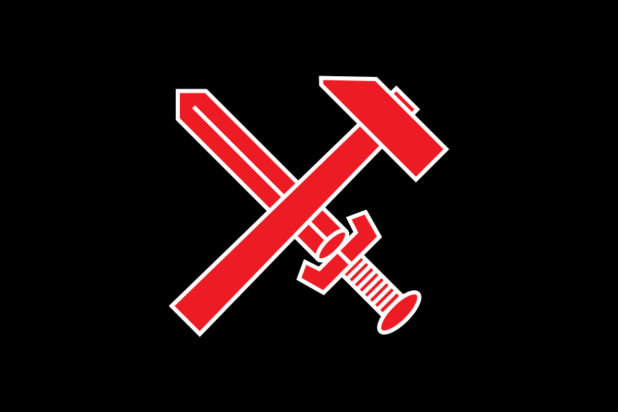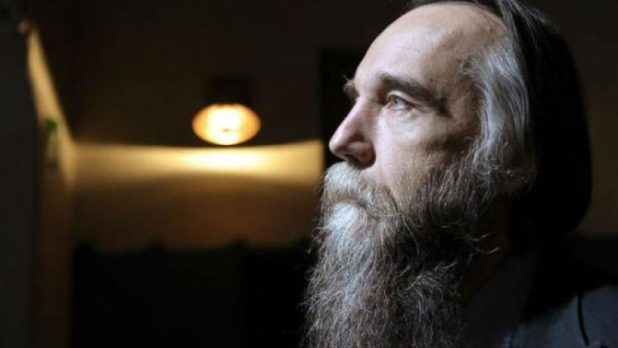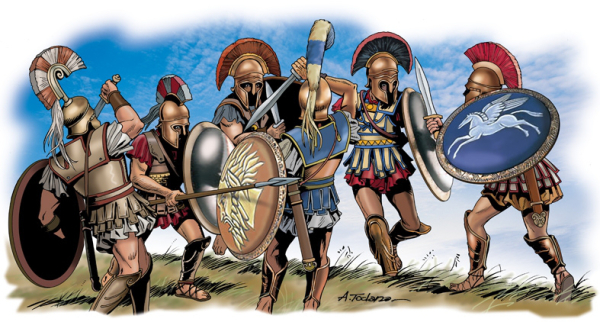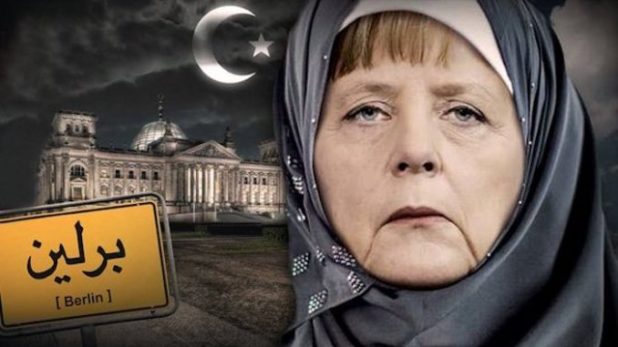Roy Batty
Daily Stormer
April 28, 2018
There was this great plan in continental Europe in the run-up to World War I.
Some clever Russians and Germans talked about forging a very close-knit alliance, perhaps even a union between the two countries.
The idea was simple: German industry and high civilization working in tandem with Russian raw goods and overwhelming military power.
The two would become an unstoppable geo-political block.
There were many proponents of this idea in both Germany and Russia. But there were also people who thought that this would never come to pass. Ever hear of the White General?
Skobelev was a Russian nationalist of sorts – that didn’t prevent him from conquering and incorporating Turkmenistan into the empire for shits and giggles – and a pan-slavist.
He got into big trouble with the Imperial authorities because he predicted a struggle for domination of continental Europe between the Teutons and the Slavs.
This did indeed come to pass. Twice.
But as I alluded to before, there were other forces, like the Romanovs themselves, that sought to bring Germany and Russia closer together.
Even Skobolev wasn’t really that keen on war with Germany – he just thought that it was inevitable that the two great continental powers of Europe would end up clashing in a struggle for dominance.
So basically, the idea has its adherents and its skeptics.
And there are other powers in the world that fear this possible alignment and have done everything that they can to prevent it.
If you watch nothing else, please watch this video. This is America’s Foreign Policy vis a vis Europe in a nutshell
Even in the early days of the Nazi movement, the Strasser faction was deadset on reconcilement with Russia.
Some German writers went even so far as to suggest creating a Super-race between the Russians and the Germans. Their logic was simple. The Russians were perceived to be a wilder and younger warrior race, while the Germans were perceived to be a more civilized and more intelligent builder race.
I’m really simplifying here, but that’s the general gist of some of this Strasserist vein of thought.
Many German thinkers from the formation of the German state onwards understood that Germany was essentially resource-poor and constrained by its geography and late-comer status to the game of world domination.
They saw in Russia a very useful partner.
This strain of thought never really died out in Germany or Russia.
To this day, Putin – who speaks German, who served in Germany, who openly admires German culture, who put German relations as a priority for his government and who gave his first foreign address in German to the German parliament – is all about creating those strong economic ties of interdependence.
The most important step in this is the Nord Stream gas pipeline.
And now we have China entering the world stage as a big player.
China is bottle-necked by the US Navy and by hostile neighbors on all its borders. So they are looking for a way out of the noose that they’re already in.
Russia wants to be at the center of a new “Silk Road” that will bring together Germany, Russia and China into a continental powerhouse.
This is a HUGE geopolitical development that is happening slowly, but surely. Who knows if it will work, but if it does, it will be game-changing.
PAUSE.
Sorry to complicate this even further, but it’s worth bringing up.
Dugin.
It’s funny. The Jews say that we are part of some Duginist conspiracy on the Alt-Right, but literally no one reads Dugin either on our side or on the Liberals’ – it’s really bizarre.
So let me bring you up to speed real quick and you’ll see why he’s somewhat relevant.
Dugin talks about how history is defined by the battle between two types of powers: sea-based powers and land-based powers.
You can trace this conflict from ancient times to today.
Athens vs Sparta. Carthage vs Rome. Great Britain vs France. USA vs Russia.
Sea-based powers focus on trade, democracy and liberal values.
Land-based powers focus on production, authoritarianism and conservative values.
In Dugin’s mind, land-based powers shouldn’t be fighting. In other words, World War I and II were mistakes. Continental Europe should have united and taken the fight to the sea-based power of the Anglo-sphere.
Many share his sentiments in Russia.
To this day, few Russians bear the German people any racial ill will. They blame an ideology -“Nazism” – and among the more “woke” Russians, they blame an “Anglo-Jew” plot to push Hitler into a war against Russia (lol idk maybe, who knows) despite the success of the Molotov-Ribbentrop agreement.
What could have been
Nowadays, most Victory Day events have this underlying feeling of relief that permeate them, not so much a “Germans are bad people” vibe.
It’s hard to explain, but it’s basically a day where most people give thanks that they survived.
The atmosphere is hopeful, but also somber and reflective. People view the war as a necessity, but a tragic one at that.
Few bear any grudges towards modern-day Germans in either the populace or the government.
So what does this mean?
Nothing. And maybe in a decade – something.
I don’t know which faction will win out in Germany – it seems that the industrialists want closer ties to Russia because of cheap gas and access to Chinese markets. But just like the Strasser types lost out, so too might they.
I think I know who will win out in Russia- it seems like the entire political establishment is onboard with forging closer ties with Germany, so there’s that.
I definitely can see that China is gung-ho for this plan and is pouring huge money into its realization.
All that’s left is to see if the United States can disrupt it in time…
Or if the muzzies take over Germany before any of this can be implemented lmao.
 Daily Stormer The Most Censored Publication in History
Daily Stormer The Most Censored Publication in History








